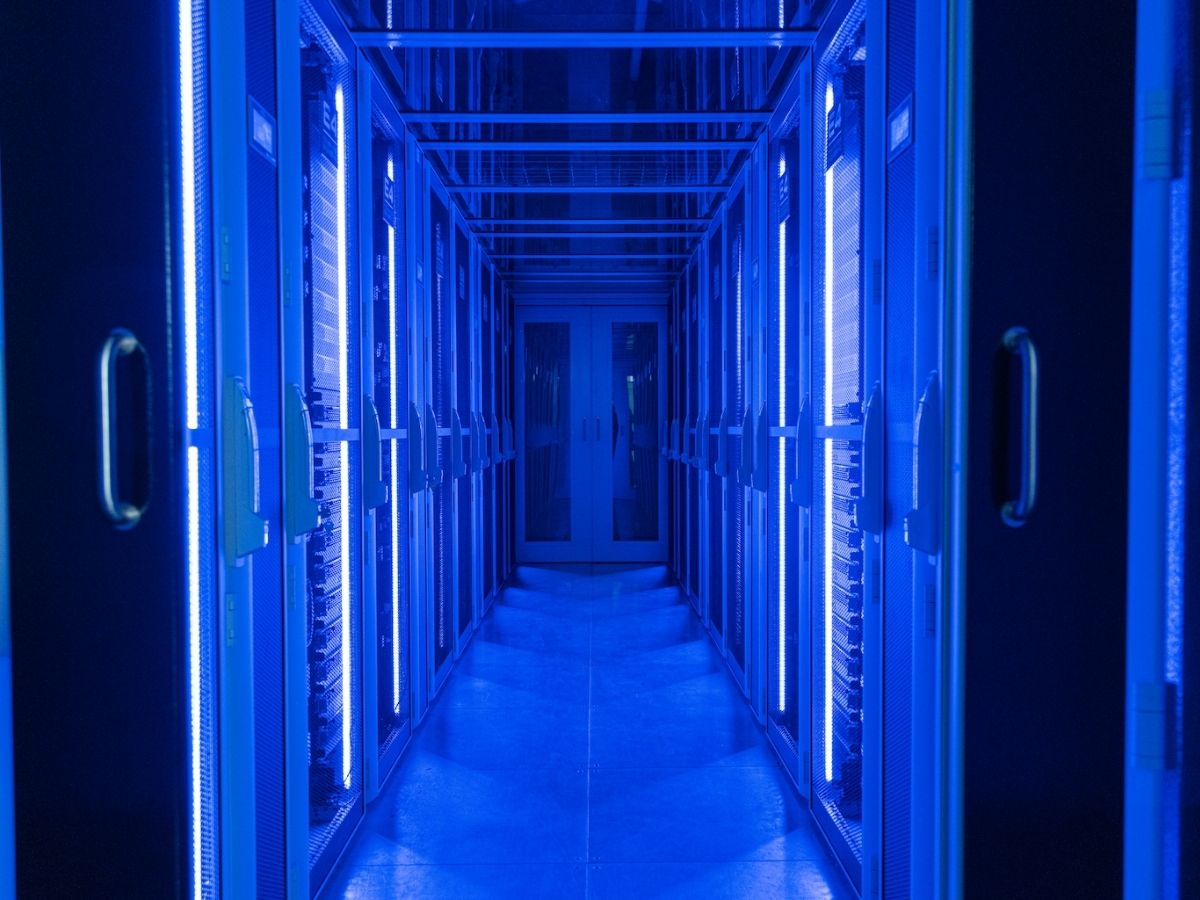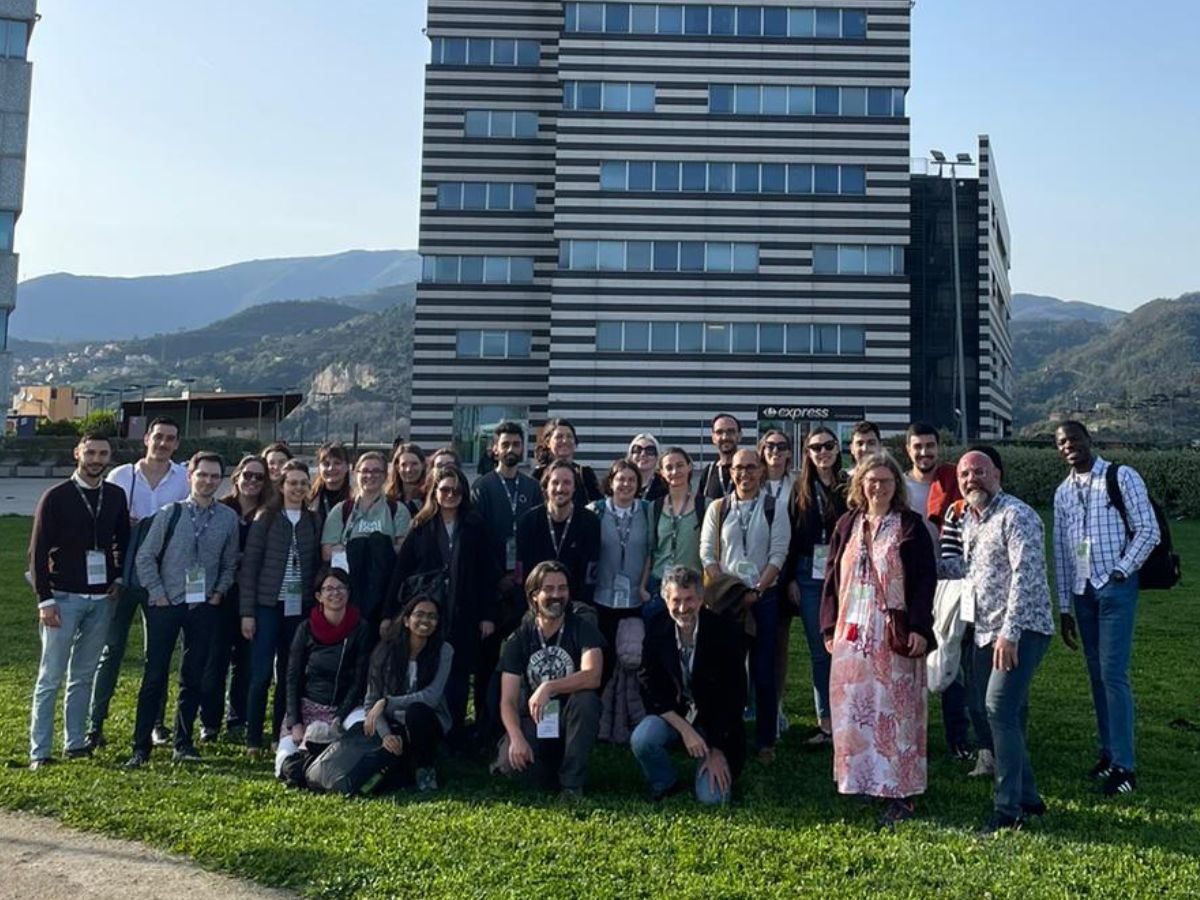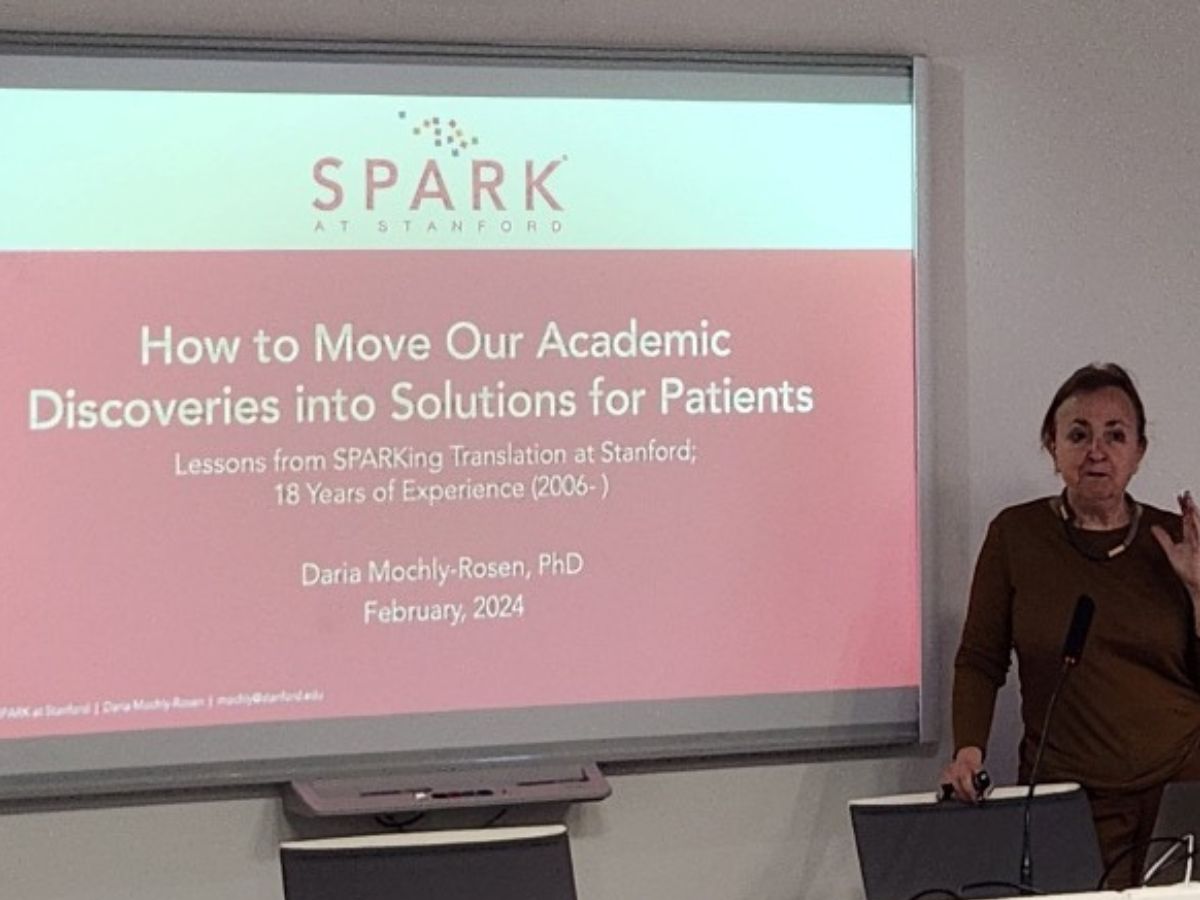Three Leonardo-IIT joint labs, with 30 dedicated researchers, aim to develop new robotic, supercomputing and AI solutions
The new Leonardo-IIT (Istituto Italiano di Tecnologia) joint research laboratories are launched in Genoa as part of the Leonardo’s Corporate research programme, for the presidium of technologies strategic for the country’s security.The objective of the joint laboratories is to enhance three areas crucial for the future development of security applications in the space and emergency sector: high-performance computing (supercomputing), robotic systems for industrial use integrated with artificial intelligence and the reconfiguration of these systems for unstructured environments.The agreement provides for the employment of approximately 30 researchers, who will work in all three areas, with an annual investment reaching one million euros for Leonardo and IIT.The Leonardo-IIT Joint Labs will be the national reference point (and potentially international) for the development of the digitalization of industrial processes and technologies and will enable to better exploration for the potential of digital design and virtual environments. Robotics, monitoring, control and predictivity are the most advanced frontiers of digitalization to which Leonardo-IIT Joint Labs are focusing. Digital design saves 80% of time in the development phase, reduces costs and through digital design consumption can decrease by up to 25%.High-performance computing (supercomputing), a key component of digitization, is the basis of Leonardo’s concept for integrated innovation. One of the most important research laboratories at international level is born from the common factor of the skills on the HPC (High Performance Computing) of IIT and Leonardo, and possible due to the capabilities of Leonardo’s davinci-1 supercomputer and IIT’s Franklin supercomputer. This will boost the entire HPC community of the country and the national digitization process.The joint lab will greatly increase technological capabilities in high-performance computing, working with the most advanced technologies and opening to the quantum computing. These systems enable to process a large number of operations in real time, that a traditional computer would carry out in days, months or even years. New numerical models and new calculation codes will be developed to increase the technological independence and to implement ad hoc proprietary applications, for example on the fluid dynamics calculations of the profiles of the wings of an aircraft. The modelling of very complex physical phenomena, like the turbulence flow of the air foils, requires enormous computing power that enables to greatly accelerate the design and testing processes.Over the medium term, new algorithms for green computing, along with the adoption of an eco-sustainable approach aimed at reducing energy consumption and the impact on the environment of the entire sector will be developed. The European goal is to have the entire cloud and data centre industry carbon neutral by 2030 (today, 5% of the energy produced in the world is consumed in data centers, and this percentage is constantly increasing). This goal is achievable through the optimization of numerical calculation codes.In this context, the Joint-Lab dedicated to HPC is studying additional green systems that can be applied to supercomputing machines. These include the automatic shutdown of unused circuits, energy supply from alternative sources or highly efficient cooling systems obtained from natural resources (using, water from a river or an aquifer or the use of water evaporation). These tools allow energy savings of 30%.The development of robotic systems integrated with artificial intelligence for industrial applications represents a further area of collaboration. With the adoption of hybrid solutions for the interaction between humans and robotic systems, it will be possible to develop the digitalization of industrial production areas with safer environments, programmed and predictive management of logistics, better quality of production and products, and enhanced after-sales, thanks to the integration of advanced monitoring systems for scheduled maintenance and predictive alert indicators.Multi-robot teams will also be studied to carry out goods lifting, navigation and storage tasks independently and technologies to remotely control robotic elements and allow humans to operate remotely.Another exploration sector of the Leonardo-IIT Joint lab is the research and development of robotic technologies to be used outside industrial contexts to operate in unstructured environments. Such environments provide for the adaptability of robotic systems in unforeseen situations, in critical environmental conditions and provide the ability to act independently. The applications mainly concern Space – with the use of robotic systems on planets and satellites where instruments are subject to radiation, marked temperature variations and particularly difficult mobility conditions – and emergency situations in the event of natural disasters.
Leonardo, a global high-technology company, is among the top ten world players in Aerospace, Defence and Security and Italy’s main industrial company. Organized into five business divisions, Leonardo has a significant industrial presence in Italy, the United Kingdom, Poland and the USA, where it also operates through subsidiaries that include Leonardo DRS (defense electronics), and joint ventures and partnerships: ATR, MBDA, Telespazio, Thales Alenia Space and Avio. Leonardo competes in the most important international markets by leveraging its areas of technological and product leadership (Helicopters, Aircraft, Aerostructures, Electronics, Cyber Security and Space). Listed on the Milan Stock Exchange (LDO), in 2019 Leonardo recorded consolidated revenues of €13.8 billion and invested €1.5 billion in Research and Development. The company has been part of the Dow Jones Sustainability Index (DJSI) since 2010 and has been named as sustainability global leader in the Aerospace & Defence sector for the second year in a row of DJSI in 2020.
The Istituto Italiano di Tecnologia (IIT) is a state-funded scientific research center that promotes technological development with the aim of supporting excellence in basic and applied research to foster the development of the national economic system. The research activity of IIT is characterized by a strong multidisciplinarity and refers to four scientific areas: robotics, computational sciences, technologies for life science and nanomaterials. IIT’s production boasts 15,000 publications, over 200 European projects and more than 50 ERCs, over 1000 active patent titles, 26 established start-ups and more than 40 in the launch phase. In addition to the Central Research Laboratories, a network consisting of 4 offices located throughout the Genoese territory, the IIT network is composed of 11 research centers distributed throughout the country (in Turin, two in Milan, Trento, Rome, two in Pisa, Naples, Lecce, Ferrara and Venice) and 2 outstations abroad (MIT and Harvard in the USA).





